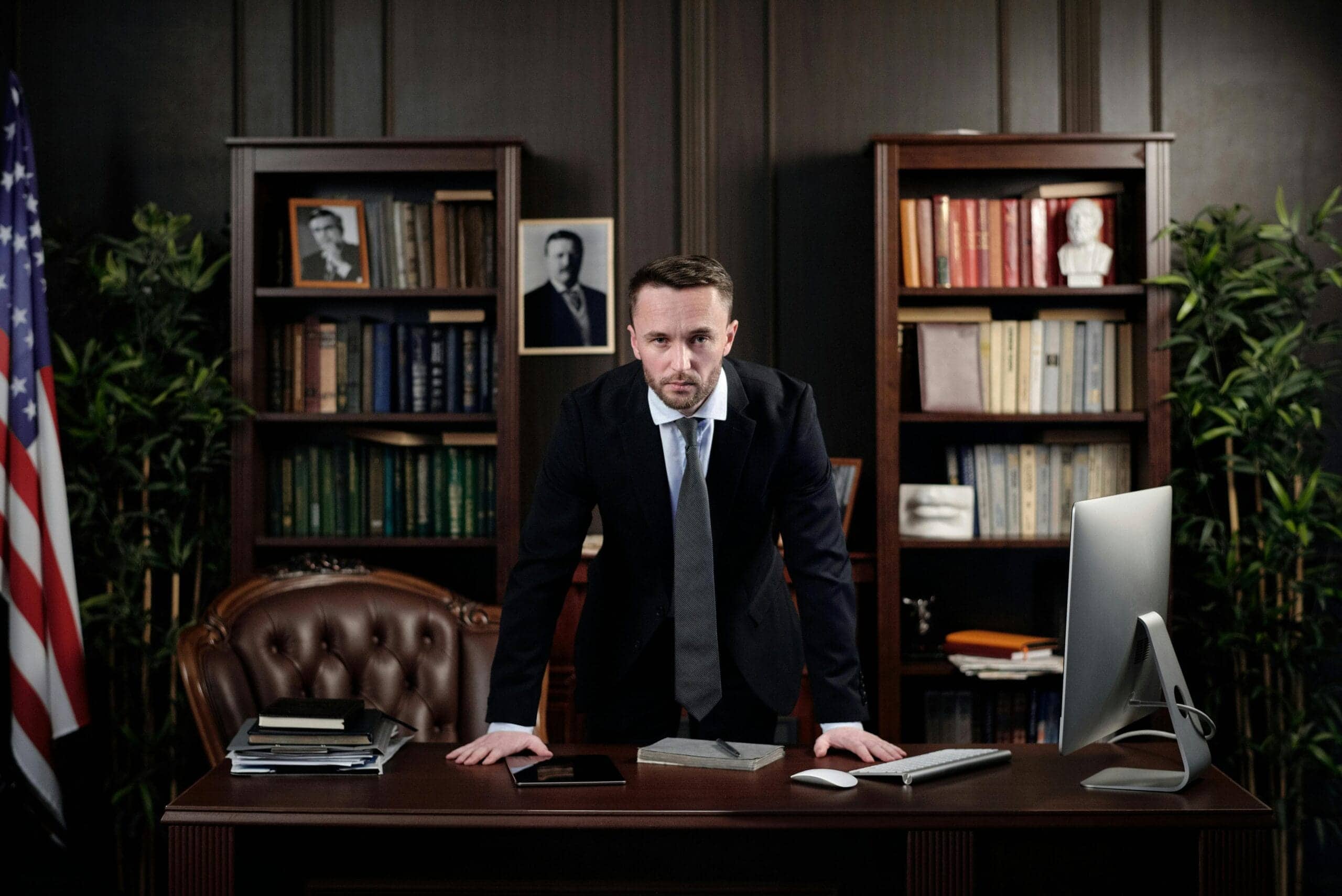
Germany’s political landscape is facing uncertainty as Chancellor Olaf Scholz tackles mounting challenges to maintain his leadership. The coalition government, led by Scholz, is increasingly strained by diverging priorities and voter dissatisfaction. As Germany’s economic problems grow, political stakes are rising sharply.
Coalition Tensions Are Rising
The tripartite coalition, which includes Scholz’s Social Democratic Party (SPD), the Greens, and the Free Democratic Party (FDP), has shown signs of fragility. Disagreements over climate policies and public spending have widened internal divisions. These rifts are observed by analysts to be weakening the government’s ability to implement cohesive policies.
Economic Challenges Dominate
Economic challenges in Germany, such as slowing growth and high inflation, are creating significant hurdles for Scholz. The government’s unclear response to these issues is criticized for further eroding public trust. Surveys reveal a sharp drop in confidence regarding the coalition’s ability to address economic concerns effectively.
Opposition Increases Pressure
The Christian Democratic Union (CDU), Germany’s main opposition party, is capitalizing on Scholz’s struggles. Friedrich Merz, the CDU’s leader, is criticizing the coalition’s policies vocally. Suggestions for early elections have been made, but Scholz has rejected them, reaffirming his commitment to finishing the current term.
Key Challenges Await
According to political analysts, Scholz’s leadership will be tested by his ability to manage coalition conflicts and address economic difficulties. Efforts to realign coalition goals and rebuild public trust are underway. However, the challenges appear daunting.
Global Implications Observed
Germany’s political stability is drawing attention from international observers. As Europe’s largest economy, Germany’s leadership decisions affect both domestic affairs and EU-wide policies. Scholz’s ability to hold his position could influence Europe’s economic and political direction significantly.
Conclusion
Chancellor Scholz is navigating an uphill battle to retain his position. The coalition’s internal struggles, economic challenges, and opposition pressure demand strategic leadership. The months ahead will be crucial, as Germany’s political future hangs in the balance. Observers worldwide are watching closely.





